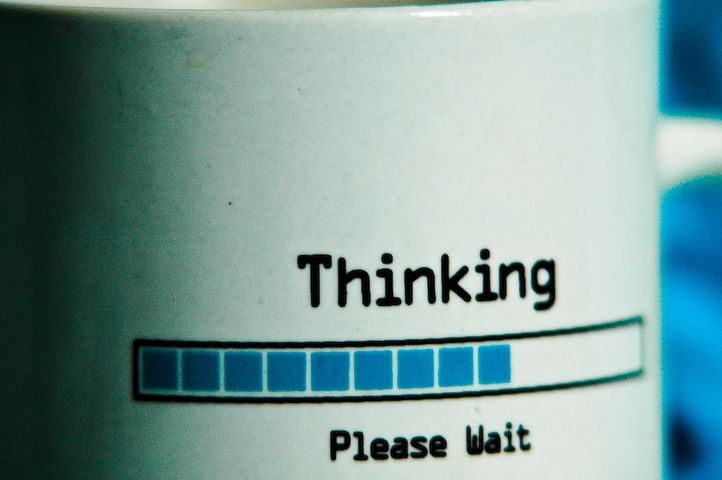'Smart Drug' Modafinil Improves Memory And Cognitive Function, But Is It Ethical To Use It?

When it comes to focusing and retaining information, most people wish they had an easy fix. If only we could just take a pill before a test or big speech that would help us remember details flawlessly, we wouldn’t have to struggle over cramming the night before, only to drink five cups of coffee the following day. Well, a new study conducted by researchers at the University of Oxford is finding that the narcolepsy drug modafinil may enhance our cognitive abilities. As to whether or not this “smart pill” will ever be available for use, though, has yet to be determined.
Though modafinil is known to help sleep disorders, many people admit to using it to help concentration and alertness. Up until now, researchers have examined how the drug helps sleep-deprived people cope with focusing during the day, but a team at Oxford wanted to take this one step further and examine how modafinil affects the cognitive abilities of well-rested people, the demographic thought to be taking it most. In the new findings, published in the journal European Neuropsychopharmacology, researchers found that the drug can help enhance cognition, but for a specific set of tasks.
To see how modafinil is impacting its users, Dr. Ruairidh Battleday and Dr. Anna-Katherine Brem from Oxford and Harvard Medical School looked at studies involving cognitive improvement and modafinil from January 1990 to December 2014. Out of all the papers they looked at, the team found 24 dealing with how modafinil can assist in decision making, planning, flexibility in learning, memory, and creativity. But, after looking closely into the studies, researchers found that modafinil only worked depending on the task at hand. For example, modafinil was found to be more useful for more complex forms of thinking, assisting with faculties like executive function or consolidating memory.
Surprisingly, the team observed that 70 percent of past studies discovered modafinil has very little negative side effects. In fact, most who took the drug for cognitive enhancement reported no shift in mood — those who did report side effects, though, said they experienced insomnia, headache, and nausea. Researchers note that these side effects were also reported with participants taking the placebo.
Battleday says that when looking over the papers, he and his colleagues saw an evolution in the types of experiments being conducted with modafinil; at first researchers were looking at how the drug could help neurologically impaired individuals, but over time that had changed to include how modafinil affects higher forms of thinking. “…When these [complex tests] are used, it appears that modafinil more reliably enhances cognition: in particular 'higher' brain functions that rely on contribution from multiple simple cognitive processes,” he said in a press release.
However, having a “smart drug” like modafinil that could possibly help with test prep, provokes questioning over the ethical use of this. Battleday told Medical Daily that modafinil’s potential should open up a new discussion about how the drug can be used in everyday life. “…We now have a genuine pharmacological neuroenhancer in a scientific context,” he said, adding, “A large part of this is exploring how effects manifest at an everyday level — this really hasn't been explored yet and needs to be.”
The question now remains: Should we promote a drug that enhances human thinking within people that experience no previous problems, or is this, in some way, cheating?
As this debate continues, researchers are careful to point out that modafinil is not currently licensed to help cognitive ability. In fact, some may attach the term “mind-altering drug” to modafinil, which is also associated with the harmful effects of illicit drugs. For now, the drug remains off the market as a “smart drug” and requires more research along with widespread acceptance before it is to become a possibility.
Source: Battleday R, Brem AK. Modafinil for cognitive neuroenhancement in healthy non-sleep-deprived subjects: a systematic review. European Neuropsychopharmacology. 2015.



























